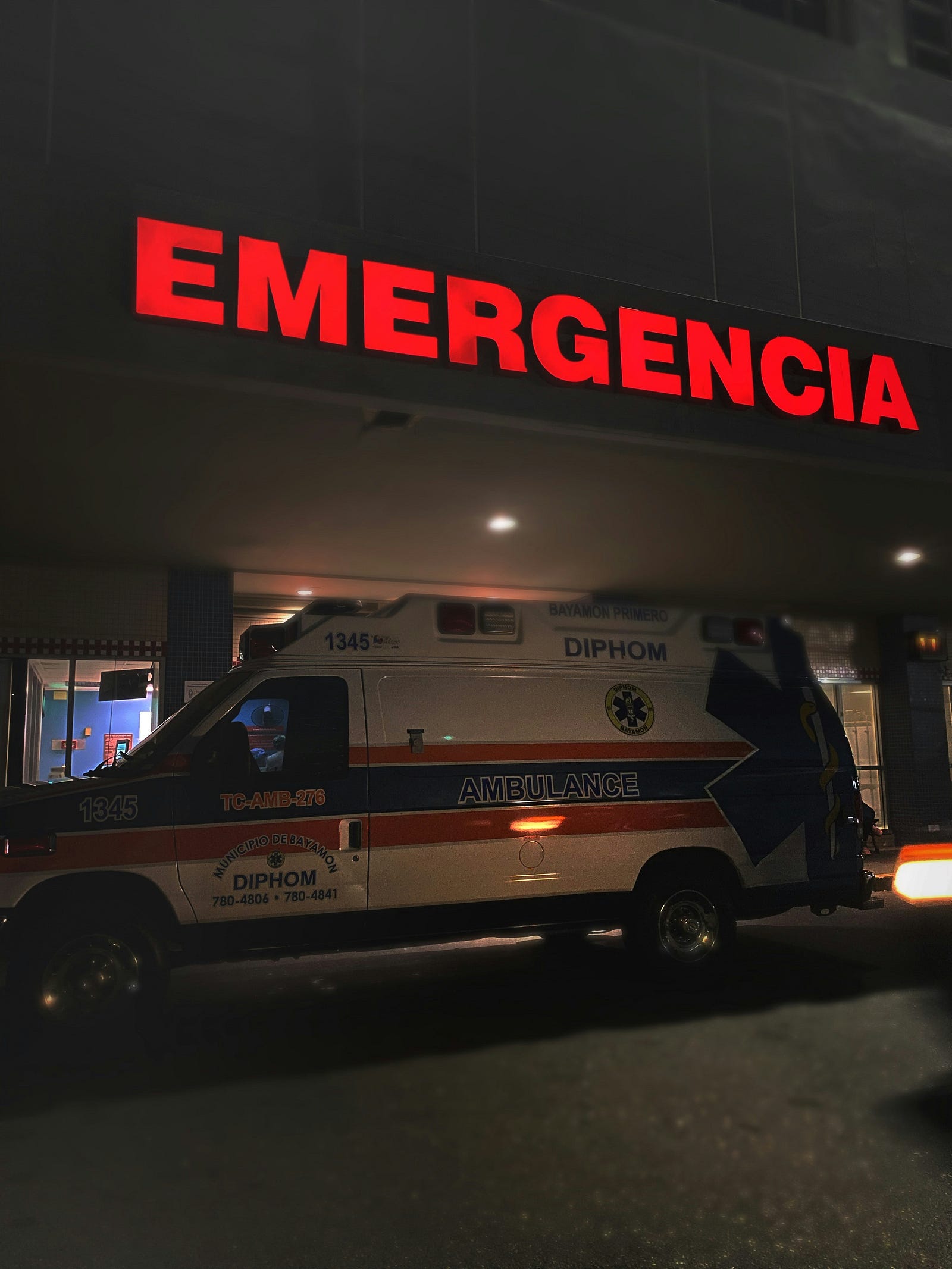ULTRA-PROCESSED FOODS (UPFs) ARE ASSOCIATED WITH a higher risk for glaucoma. Today, we explore the relationship between diet and this eye disease.
I have previously written about the negative health outcomes of ultra-processed foods, including the following (click to learn more):

I am a work in progress, trying to dodge heavily processed foods and drinks while emphasizing fruits and vegetables.
Today, I want to explore how your diet may impact your vision.
Glaucoma: A Leading Cause of Blindness
I have always been interested in glaucoma; after all, my father, several aunts and uncles, and my grandmother suffered from it.
Fortunately, the disease appears to have spared me.
You may have more interest in the topic after you read this observation from the American Academy of Ophthalmology:
Glaucoma is a leading cause of blindness for people over 60 years old.
However, we can often prevent glaucoma-induced blindness with early treatment.
Glaucoma Basics
Glaucoma is a group of eye conditions that cause damage to the optic nerve.

The optic nerve transmits information from your eye to your brain; it is essential for vision.
Excessive pressure in the eye can lead to optic nerve damage.
Nevertheless, glaucoma can occur even if you have normal eye pressure.
Glaucoma Presentation
Glaucoma may not have any warning signs. Sometimes, symptoms appear gradually, and the affected person does not notice any visual changes until late.
Fortunately, my late father had a routine examination that discovered his elevated eye pressure when he was in his 30s.

Daily eye drops spared him from ever suffering any symptoms related to the disease.
Dad’s experience with regular eye exams (including eye pressure measurements) taught me that early glaucoma detection can prevent (or slow) vision loss.
Symptoms
Symptoms in adults can depend on the glaucoma type, according to the Mayo Clinic (USA).
Those with open-angle glaucoma may have:
- No symptoms (in early stages)
- Patchy blind spots in side (peripheral) vision.
- Challenges with central vision (in later stages)
Acute angle-closure glaucoma may be associated with the following:
- Severe headache
- Severe eye pain
- Nausea or vomiting
- Blurred vision
- Halos or colored rings around lights
- Eye redness
Finally, those with normal-tension glaucoma may have:
- No symptoms in the early stages
- Gradually, blurred vision
- Loss of side vision in later stages
When to see a doctor
If you have sudden-onset eye symptoms (such as severe headache or eye pain), you may have acute angle-closure glaucoma.

Please immediately go to an emergency room or contact an eye doctor.
Let’s turn to the relationship between ultra-processed foods and glaucoma risk.
Diet and Glaucoma
Researchers recently reported the results of their analysis of 19,255 subjects. The participants’ average age was 38, and 60 percent were women.
All of the subjects participated in a large prospective study known as the Seguimiento Universidad de Navarra, or SUN, Project.
Scientists analyzed the participants’ diet intakes with a 136-item food-frequency questionnaire over a mean follow-up period of 12.9 years.
Study Results
The findings are disturbing.
Moreover, researchers discovered that subjects with higher ultra-processed food consumption were typically younger and consumed more caffeine.
The researchers identified 230 new cases of glaucoma during the follow-up period.
Participants consuming more than four ultra-processed servings daily had a 1.84 times higher glaucoma risk than those consuming up to one serving.
Wait a Second…
A subgroup analysis suggested an association only in certain groups, including the following:
- subjects aged at least 55 years
- men
- the most physically active
- non-active smokers
- those with a low energy intake
- those with a low omega-6/omega-3 ratio.

The researchers also evaluated ultra-processed food subgroups, including fast, dairy, and fried foods.
Only sweets showed a significant risk effect.
Increased blood sugar levels caused by higher ultra-processed food consumption may play a role.
My Take – Diet and Glaucoma: How ultra-processed foods may increase your risk of developing this troubling eye disease.
The study has significant limitations.
The study has an observational design. The study authors may have missed some confounding factors.
Association does not imply causality.
Summary – Diet and glaucoma: How ultra-processed foods may increase your risk of developing this troubling eye disease.
Still, the research reminds me of the perils of overconsuming ultra-processed foods, especially those high in sugar.

With so many family members developing glaucoma, I will be more careful about that malasada Portuguese donut at Tex’s on Hawaii’s Big Island.
Okay, maybe one.
Prevention
Here are some tips on how to detect (and manage) glaucoma in its early stages.
Doing so may prevent vision loss or slow its progression.
- Get regular eye examinations. Doing so can help you detect glaucoma early before there is much damage. In general, the American Academy of Ophthalmology recommends a comprehensive eye exam every five to 10 years if you’re under 40 years old, every two to four years if you’re 40 to 54, every one to three years if you’re 55 to 64; and every one to two years if you’re older than 65. You need more frequent checks if you have a higher risk of glaucoma.
- Know your family’s eye health history. This observation applies to me; my father and his siblings all had the disease. Glaucoma tends to run in families. If you have an increased risk, you may need more frequent screening.
- Wear eye protection. Serious eye injuries can lead to glaucoma. Do you wear eye protection when playing sports or using power tools?
- If you have glaucoma, take eye drops as prescribed by your healthcare provider. These drops can significantly reduce the risk of high eye pressure progressing to glaucoma. Use eye drops as your health care provider prescribes, even if you have no symptoms.
If you have diabetes, high blood pressure, or a family history of eye disease, don’t wait until you are 40. Once you have your exam, the eye doctor can give you an appropriate exam schedule.
Get an email whenever Dr. Michael Hunter publishes.
drmichaelhunter.medium.com.
Thank you for reading “How Your Diet May Impact Your Vision: The Surprising Link Between Diet and Glaucoma.” Read more pieces by clicking the HOME button above (and don’t forget to sign up to follow this blog).



